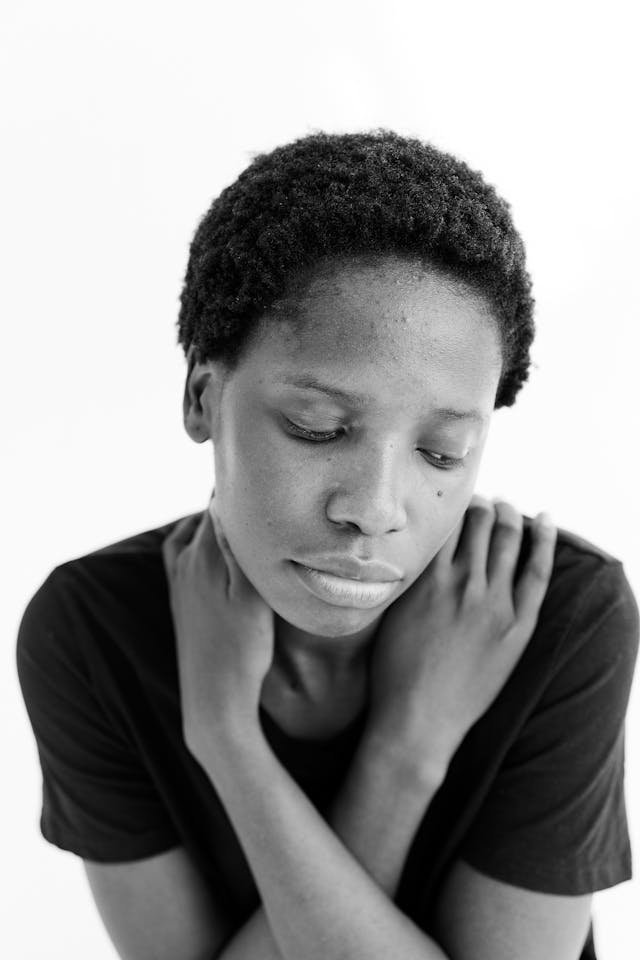Homeopathy for Managing Hot Flashes in Hormone-Sensitive Cancers
Hormone-sensitive cancers, such as certain types of breast and prostate cancer, often involve treatments that can induce menopausal or andropausal symptoms, including hot flashes. Managing these symptoms effectively is crucial for patients’ quality of life. Homeopathy offers a complementary approach by providing individualized treatment plans that can help alleviate hot flashes.
Understanding Hot Flashes in Hormone-Sensitive Cancers
Hot flashes are sudden feelings of warmth, often most intense over the face, neck, and chest, which can cause redness and sweating. They are common side effects in patients undergoing hormonal therapies, such as tamoxifen or aromatase inhibitors for breast cancer and androgen deprivation therapy (ADT) for prostate cancer.
The Role of Homeopathy
Homeopathy treats hot flashes by addressing the patient’s overall state—including physical, mental, and emotional factors. This individualized approach can potentially provide relief where conventional treatments may fall short.
Common Homeopathic Remedies for Hot Flashes
Several homeopathic remedies are traditionally used to manage hot flashes, each selected based on the unique symptoms and overall state of the patient:
- Lachesis Mutus: Recommended for hot flashes that are accompanied by intense sweating, feelings of suffocation, and a preference for open air. Often used when hot flashes occur more frequently at night and are associated with mood swings.
- Sepia: Suitable for patients who experience a sensation of heat rising to the face, especially when the hot flashes are triggered by emotional stress or fatigue. Sepia is also helpful for those who feel irritable or indifferent.
- Sulphur: Indicated for hot flashes that come with intense heat and burning sensations, particularly in the face and neck. Patients may also exhibit a strong preference for cool environments.
- Belladonna: Often used when hot flashes come on suddenly, with intense heat and redness, particularly in the face. May be suitable for patients who experience throbbing headaches alongside their hot flashes.
- Sanguinaria Canadensis: Recommended for hot flashes that start in the chest and spread to the face, often accompanied by redness and a sensation of warmth in the hands and feet.
Integrating Homeopathy with Conventional Care
Homeopathy should be integrated with conventional cancer treatments to ensure comprehensive care:
- Safety Considerations: It is crucial that homeopathic treatments are coordinated with ongoing hormonal therapies to ensure no interference or adverse interactions.
- Holistic Benefits: Integrating homeopathy can provide a more holistic approach, addressing both the physical symptoms and the emotional wellbeing of the patient.
- Communication: Continuous communication between oncologists, general practitioners, and homeopaths is essential to monitor the patient’s overall health and adjust treatment plans as necessary.
Evidence and Research
While scientific evidence on the efficacy of homeopathy for managing hot flashes remains sparse and often debated, patient-reported outcomes and some smaller studies suggest potential benefits. For instance, some patients have reported significant relief from hot flashes when homeopathic remedies were used alongside conventional treatments.
Consultation and Personalization
Homeopathy’s effectiveness lies in its personalized approach. A detailed consultation with a qualified homeopath will involve:
- Symptom Analysis: Understanding the specific nature, timing, and triggers of hot flashes.
- Patient History: Considering the patient’s overall health, emotional state, and personal medical history.
- Individualized Remedies: Selecting the most appropriate homeopathic remedies tailored to the patient’s unique set of symptoms and needs.
Conclusion
Homeopathy presents a potential complementary approach for managing hot flashes in patients with hormone-sensitive cancers. Its focus on individualized treatment allows for a holistic approach to symptom management, potentially improving the quality of life for patients undergoing hormonal therapy. However, it’s important to remember that homeopathy should be used as a complementary therapy, not a replacement for conventional medical treatments.
Patients interested in exploring homeopathy for hot flashes should consult with their healthcare team to ensure coordinated and safe care. Through careful integration with conventional treatments, homeopathy can contribute to a comprehensive strategy aimed at alleviating symptoms and enhancing overall wellbeing.
Recent Articles
Homeopathy for Immune System Support in Cancer Survivors
The need to bolster the immune system is important for survivors. It’s not just about…
Homeopathy for Reducing Anxiety Before and After Cancer Surgery
Undergoing cancer surgery is an experience that understandably brings a significant…
Enhancing Sleep Quality During Cancer Treatment with Homeopathy
In the journey through cancer treatment, maintaining good sleep quality is crucial for…






